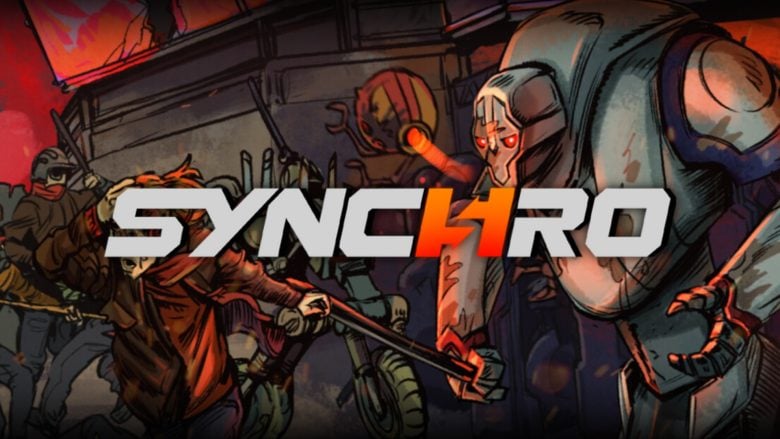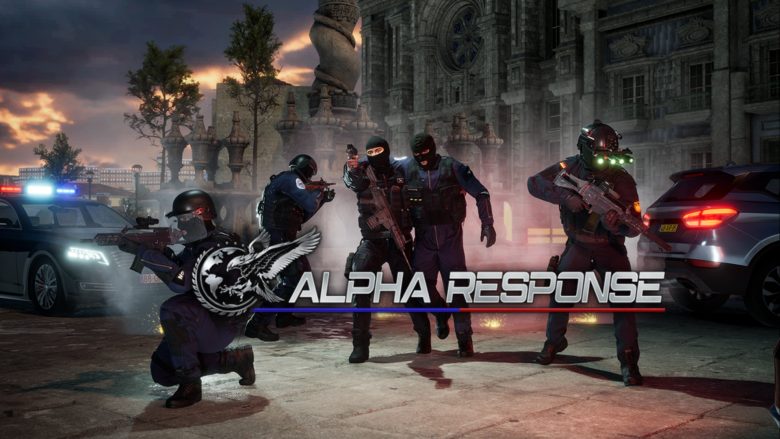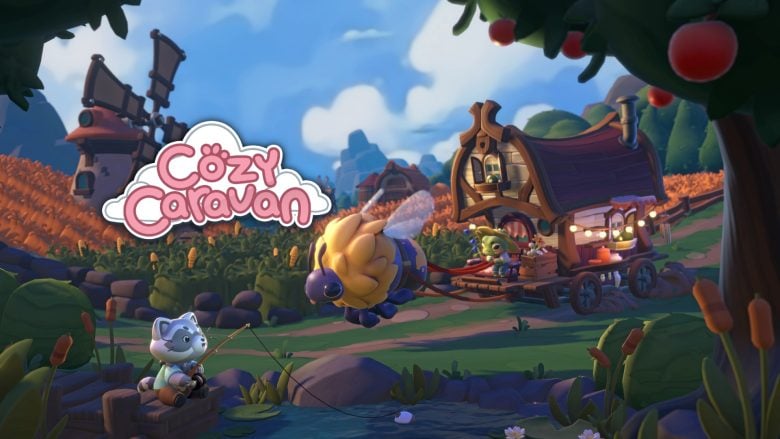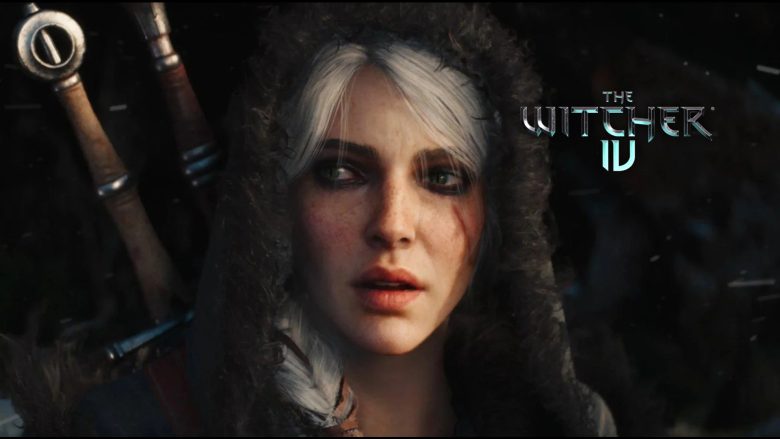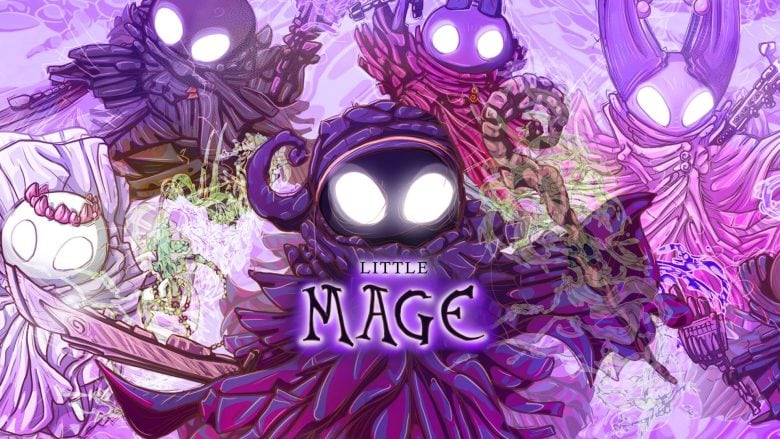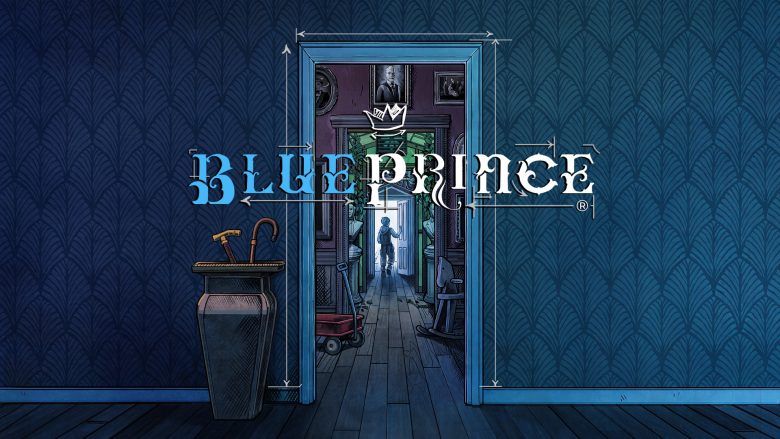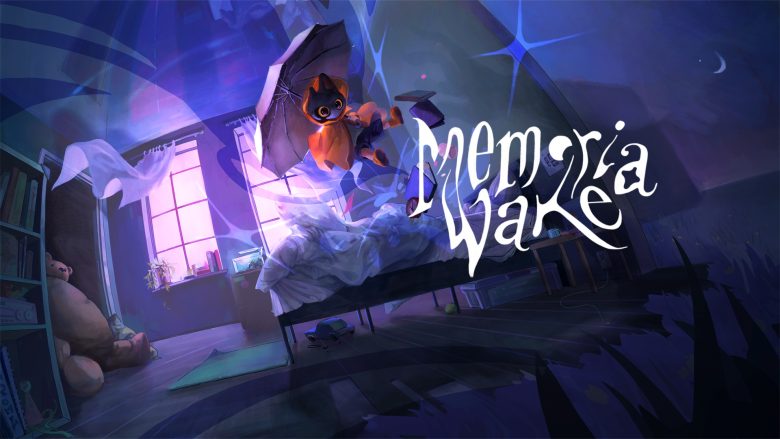Everything a gamer should know about those who create video games
How difficult can it be to create a video game? How challenging does it become, pushing the limits, when it’s done by a solo developer?
The Indie Games Devel project, among its various objectives, primarily aims to spread awareness about indie video games and to highlight the tremendous effort that goes into their creation, especially during the creative and development phases.
What does it mean to develop a video game in general, but more importantly, what does it entail when it’s done by just one person or a small team? This is a topic that’s close to our hearts because we often discuss and showcase indie projects that are almost entirely created by a single individual.
In many cases, this individual handles the entire project, needing to study and employ clever and creative strategies to produce a video game from scratch. Such games invariably rely on elements like storytelling and originality.
Facing the Solo Journey
At times, we encounter remarkably ambitious projects like Papetura, created by the solo developer Tom Ostafin and musician Floex, which involved an astonishing amount of manual work – yes, you read that right – over seven years of dedication and solitary effort from Ostafin.
Innovating in gameplay and, more importantly, creating a powerful story and captivating graphics, sometimes hand-drawn, are fundamental requirements for standing out when there’s no publisher and, consequently, limited resources and tight schedules to navigate the competitive modern gaming landscape.

The need to be recognizable within such a vast production landscape occasionally leads to the emergence of unforgettable gems, like Darq, which I believe is one of the most striking examples. The solo developer Wlad Marhulets‘ story is nothing short of incredible and highly inspirational. In 2020, he published GAMEDEV: 10 Steps to Making Your First Game Successful, a book that I consider essential for anyone considering the solo development of a potentially groundbreaking video game.
Lack of Funds
Having the support of a larger production has its advantages, but as Wlad suggests, especially for newcomers, it can be worthwhile to seek independent funding through avenues like crowdfunding or Patreon. This grants developers the freedom to express their creativity fully, a move that often pays off for beginners who are appreciated by the audience for their audacity and, most importantly, their originality.
Certainly, without initial funding options, the challenges are numerous.
First and foremost is the time required for the project. Without funding, solo developers often find themselves needing to maintain another job to make ends meet. This means dedicating their free time to game development, often sacrificing rest and social life.
Furthermore, without the ability to pay collaborators who are not passionate about the project, many compromises are made. Sometimes, finding musicians and voice actors can be challenging, and strategic solutions must be adopted to compensate for this lack.
The Developer’s Journey
As mentioned earlier, solo developers face a multitude of challenges. They may start from scratch, needing to learn programming, modeling, drawing, and various other skills.
It’s interesting to note that Wlad Marhulets, during the development of “Darq,” initially possessed a particular technical skill: musical composition. For everything else, he had to start from scratch. However, he concluded that, for the type of game and atmosphere he wanted to create, music wasn’t necessary. He composed a single beautiful piece, which can be heard during the end credits.

The experience of this Polish developer, who is currently working on a new title, Bloody Hell Hotel, is highly emblematic. Through it, many young developers can bypass a range of difficulties that Wlad outlines in his book.
Everything that Wlad recommends in his book stems from a series of experiments and often failures that he had to manage, starting with the most critical aspect: the mindset.
Problems like planning, self-discipline, solving technical roadblocks when you lack specific knowledge, finding at least some funding, and even legal matters are just some of what needs to be handled. There are also more personal aspects that are even more challenging to address and often lead young developers to abandon their dreams prematurely.
Our Interviews
As mentioned, Indie Games Devel places great importance on developers, and when we interview them, we focus on asking questions related to their work, both in technical and emotional aspects.
One of the main difficulties highlighted by the solo developers we’ve interviewed is time management when, as mentioned earlier, they must also work another job to survive.
It’s essential to be methodical and disciplined, learning how to manage project time intelligently. You shouldn’t slack off, but overloading yourself to the point of risking burnout isn’t advisable either. Burnout, for those who don’t know, is a state of emotional, physical, and mental exhaustion. It’s a condition that can lead to irreparable loss of time and, most importantly, a sense of despair and desolation, potentially causing developers to abandon their projects.
Therefore, it’s important to take time to recharge and not lose focus.
Many developers we’ve interviewed, like the solo developer Poopsy, working on The Lies We Tell Ourselves, have emphasized the psychological stress aspect as well. Psychological stress arises from the fear of not achieving one’s goals, not receiving the right feedback from the audience, and, most importantly, having to deal with the constant fear of failure.
These aspects have a significant impact on the creative process, as well as motivation.
To ensure that motivation, which should be the foundation of any project, doesn’t wane, it’s essential to have a clear understanding of the work ahead and be aware of the workload involved.
Don’t Forget the People Behind a Project
The potential psychophysical breakdown that one risks when embarking on such exhausting and complex journeys is perhaps the most important aspect and one we really need to talk about. Certainly, behind any depression related to disappointment and disillusionment that a young developer may experience when unable to realize their dream, there can be personal factors unrelated to the project experience. It’s not a given that anyone unable to complete a project will succumb to despair, but when there’s a highly sensitive person behind the creation of a product like a video game, the risk is undoubtedly higher.
In 2012, the documentary-style feature film “Indie Game: The Movie” was released, focusing on the creation of video games and giving particular attention to those described as “outsiders of the video game industry” – indie game developers. It features Edmund McMillen, co-author of The Binding of Isaac, Phil Fish, and Jonathan Blow. In this film, the featured developers discuss the difficulties and sacrifices, economically, in terms of health and mental well-being, during the realization of their lifelong dreams to share their visions with the world.

Sensitivity, a propensity for creativity, and a willingness to break the mold are fundamental prerequisites for anyone entering the realm of producing a work born of their own imagination and ingenuity. Although these creators ultimately achieve their goals after a challenging journey in which they must confront their inner demons, it is through this process that we, as consumers, have the privilege and honor of receiving increasingly impactful forms of entertainment, especially on an emotional level.
I know it might sound harsh. It’s as if consumers benefit from the struggles of authors. But from time immemorial, this is how the world of art functions.
What we, as consumers, must do is acknowledge the efforts of those who have taken a chance, who have staked their lives and futures to allow us to experience certain emotions.
We must show respect and support for these works, not just for the sake of universal justice, but primarily to ensure that others feel the courage to embark on a challenging but ultimately satisfying journey.
Let’s make sure this journey becomes fulfilling for those who have invested so much in our entertainment and that they never regret trying, even when the result isn’t perfect.
By no means does this imply praising work without critique; that wouldn’t be helpful either. Critiques are necessary and crucial for an author’s improvement and growth, but, as they say, they should be constructive, aimed at a hope for improvement rather than senseless denigration.
Pointing out bugs and technical errors, expressing preferences, or suggesting what could help a product gain more success are essential actions, as important as encouragement for the solo developers.
Always support those who try, as many, including us, have done with the solo developer Ziggy of The Store is Closed. Giving up due to controversies that arise during the game development phase is unfortunately all too easy.

Other Solo Developers featured on Our Website
Vincent Lade – Jawbreaker
Asalfin – Shinies
Stephen Ddungu – Sword of Symphony
Steelkrill – Backrooms, The Voidness
David and Javier Garay – Abathor
Napat Saeung (Mystic Clockwork Studio) – Exil
Falcon Development – Cattails: Wildwood Story
Very young developers:
Tylario – Dead Unending
Moonwalk Games – A Thug’s Ascension
ACE – AIKODE
Max Trest (Lost Cartridge Creations) – Astrolander


